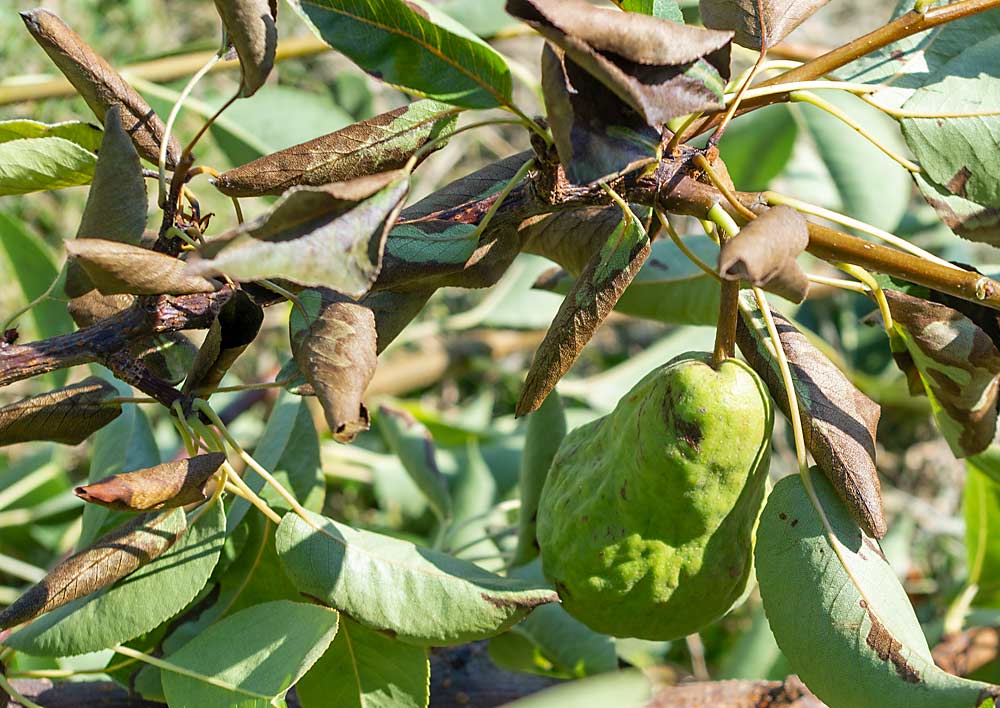
With fire blight an increasing problem, the advisors of the Washington State University tree fruit industry endowment have shifted their hiring goals, putting a bacterial pathologist at the top of their wish list and tabling their search for a soil scientist, for the time being.
“In my own operation in the last five years, (fire blight) has gone from being a nuisance to being a real serious economic problem,” said Sean Gilbert, president of Gilbert Orchards in Yakima and a member of the endowment advisory committee.
WSU received a large batch of good candidates for the position, called the tree fruit pathology endowed chair, said Scot Hulbert, the associate dean of agricultural research. He expects interviews and public presentations, part of any faculty hire, by the end of March and the position to be filled later this year.
The pathologist will focus on management of diseases caused by bacteria and bacteria-like pathogens in the Northwest and will work from the WSU Irrigated Agriculture Research and Extension Center in Prosser.
Fire blight has been a worsening problem for Washington apple and pear growers; 2017 and 2018 were especially rough, with warm, humid bloom weather and buildup of bacteria over previous years. Some growers in the Wenatchee Valley removed multiple trees from some rows and made fire blight cuts several times each year. In reaction, the Washington State Tree Fruit Association dedicated an entire afternoon session to discussing the disease at its 2019 annual meeting.
“As more acres have transitioned to organic, there’s just not many tools for organic fire blight control,” said Sam Godwin, a Tonasket grower and member of the endowment committee. Organic growers can’t use antibiotics, one of the most potent tools for keeping fire blight at bay.
Also, Oregon State University pathologist Ken Johnson, currently the leading fire blight expert in the Northwest, is nearing the end of his career, Godwin said. Placing a specialist at WSU now would ensure continuity in the field.
Meanwhile, the endowment committee has postponed the search for a coveted rhizosphere ecology scientist. The industry has long considered better understanding of soil biology a critical research need, and still does. The university made offers on the position twice, but negotiations fell through, Hulbert said. Pushing it again right now might raise eyebrows in the small circle of researchers who qualify for such a high-level slot.
“We decided to wait and try one of the other priorities,” Hulbert said.
Such challenges are not unusual, he added. Hiring a faculty member is always a big deal, even more so for an endowed position that attracts interest from the world’s top two or three individuals in their field.
The endowed chairs need equipment, laboratories and support staff. Startup costs alone could run
$1 million, Hulbert said. They also may have visa difficulties and their spouses may want a job, too.
The soil position remains a priority, but the committee and university decided to wait for a more opportune time to attract the best candidate, Gilbert said.
“We’re not just trying to fill seats, we’re just trying to fill them with world-class talent,” Gilbert said.
The $32 million endowment, which became fully funded a year ago, includes funding to support research for six endowed chairs, as well as fill four extension positions and fund facility and research orchard improvements in Wenatchee and Prosser.
Stefano Musacchi joined WSU as the tree fruit physiology chair in 2013, while Carolina Torres filled the postharvest systems chair position. Both work at the Tree Fruit Research and Extension Center in Wenatchee.
The university also intends to begin a search this year for an entomology endowed chair to focus on insect behavior monitoring tools within integrated pest management. That leaves one spot, for which the committee will discuss priorities for research needs. A search may begin in 2023, Hulbert said. •
—by Ross Courtney

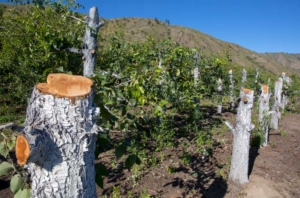
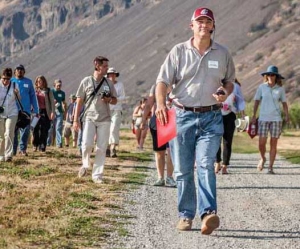
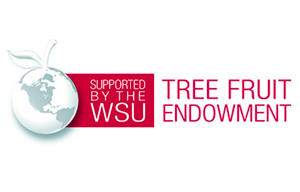
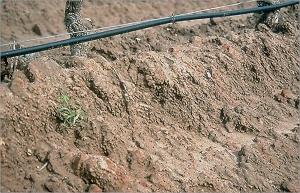
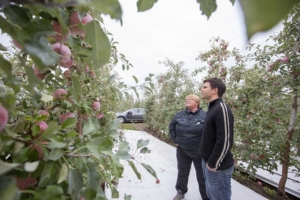
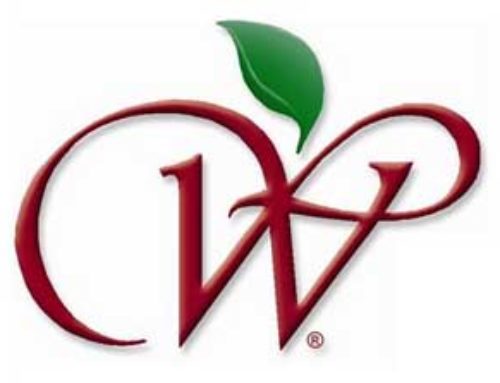




Leave A Comment